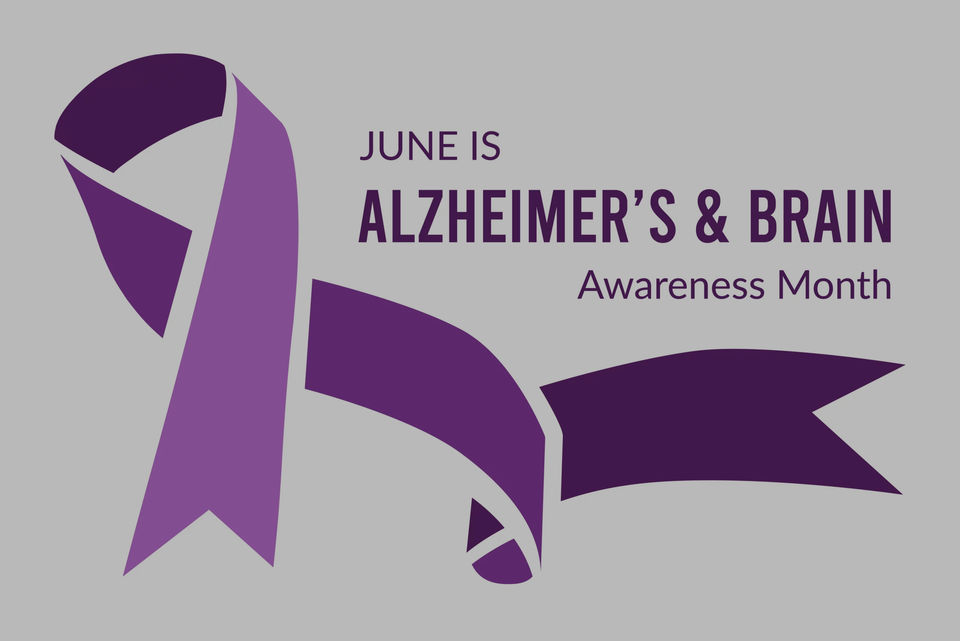Vital Information
Be informed about the scale of Alzheimer’s disease, recognize the communities most affected, and discover how knowledge can safeguard families.
Why Alzheimer’s Awareness Matters
Alzheimer’s was first identified in 1906 by Dr. Alois Alzheimer. Today more than 55 million people worldwide live with dementia—over 90% of whom are over 65. In Canada, one in three seniors dies with Alzheimer’s or a related dementia, making it more deadly than breast and prostate cancer combined.
- Almost two-thirds of those diagnosed with Alzheimer’s are women.
- Black communities are about twice as likely to be diagnosed as white communities.
- Hispanic people are about one-and-a-half times more likely to develop Alzheimer’s.
Higher statistical likelihood does not mean a diagnosis is inevitable. Understanding symptoms, addressing risk factors, and speaking with healthcare providers early can preserve brain health and quality of life.
The Purple Ribbon
The purple ribbon honours individuals living with Alzheimer’s and the supporters standing beside them. Wear it proudly during Alzheimer’s Awareness Month in January and on World Alzheimer’s Day every September 21 to keep conversations going.
Early-Onset Alzheimer’s
Alzheimer’s does not only impact seniors. People in their 30s or 40s may develop early-onset Alzheimer’s, often due to strong genetic or familial connections. Symptoms mirror traditional cases and can progress quickly. If you notice warning signs, connect with your healthcare provider immediately.
Impact on Caregivers
Because late-stage Alzheimer’s can make basic tasks like eating or bathing impossible, caregivers become lifelines. Around 70% of caregivers report high stress levels. Watching a loved one decline can trigger depression, anxiety, and burnout. Some families reduce work hours or leave jobs entirely, while others face the high costs of professional care.
Offering respite, emotional support, and financial assistance to caregivers is just as crucial as supporting patients themselves.
Temporary Treatments
Alzheimer’s currently has no cure, yet treatments can slow progression and improve daily functioning. Physicians may prescribe medications such as Memantine or Donepezil to support attention, reasoning, language, and memory by regulating neurotransmitters like glutamate and acetylcholine.
Therapeutic approaches—including cognitive exercises, structured routines, meditation, and social engagement—reinforce neural pathways and maintain independence as long as possible.


Relevant Dates
Honour these observances to show support, learn something new, or host your own event.
The Longest Day · June 20
Held on the summer solstice, this global event unites teams to fundraise for Alzheimer’s Association programs and research.
World Alzheimer’s Day · September 21
Wear purple, share facts, and celebrate caregivers and individuals living with Alzheimer’s.
Canadian National Caregivers Day · Third Friday of February
Acknowledge the family members and professionals who provide daily Alzheimer’s support.
Brain Awareness Week · Mid March
Join the worldwide campaign to promote brain health and dementia education.
Alzheimer’s Month · June
Dedicate the month to advocating for brain health strategies and policy change.
World Mental Health Day · October 10
Highlight the mental and cognitive health challenges that intersect with Alzheimer’s disease.
Motif
“An elephant never forgets; let’s make sure our memories of our loved ones never fade away.”
— Eddie the Elephant
Our apparel features Eddie the Elephant to remind supporters that collective action can protect memories everywhere.
